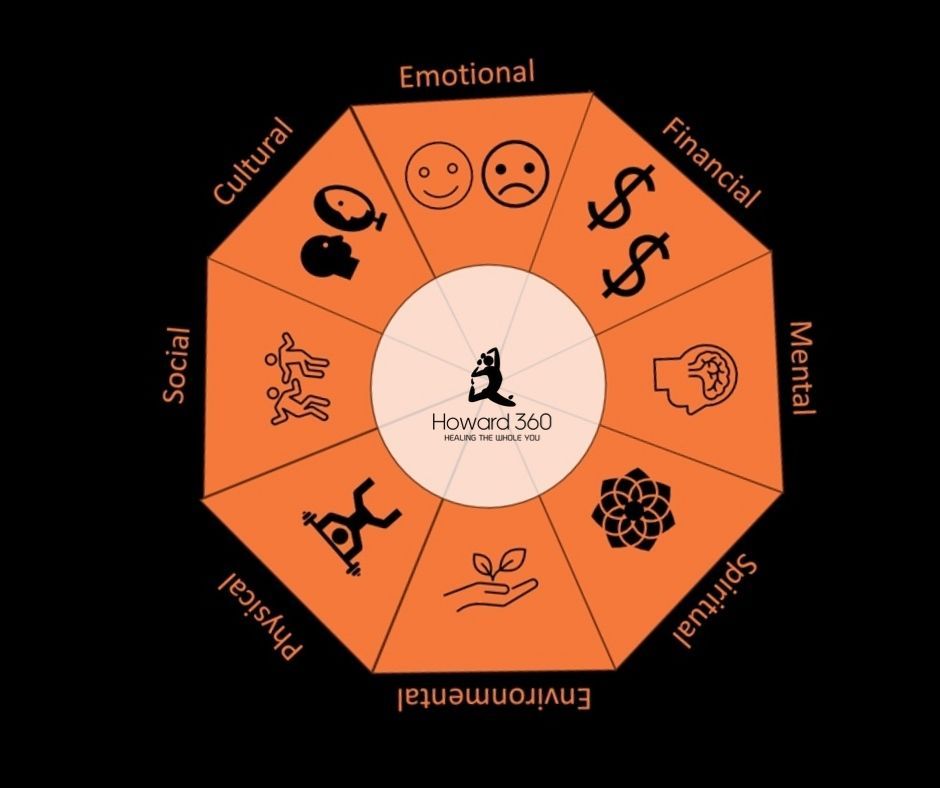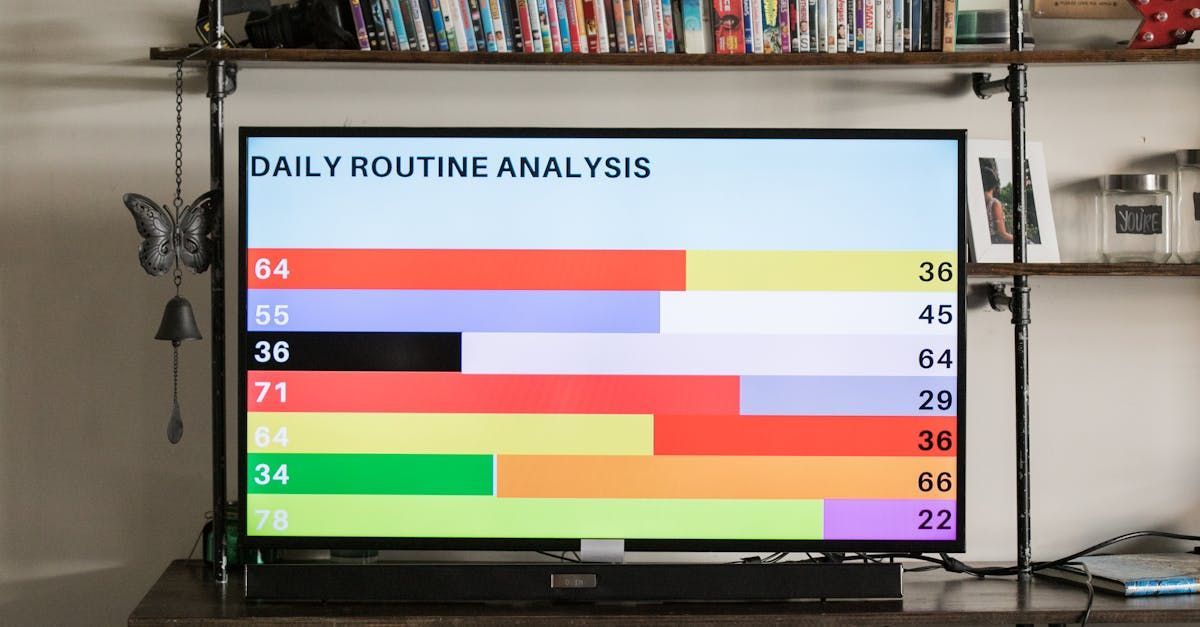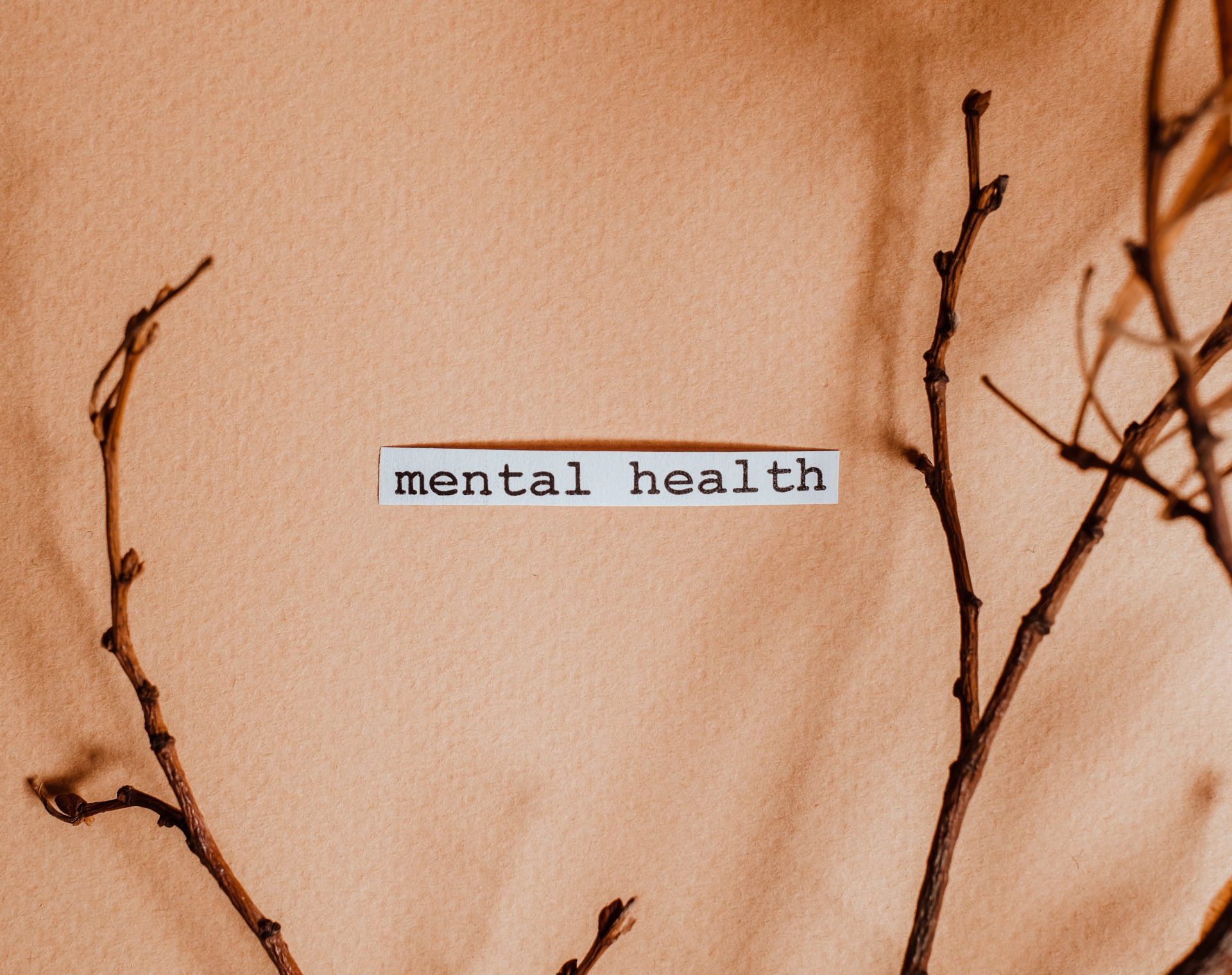Redefining Health: Beyond the Physical
From Core Strength to Core Values: Broadening Our Health Horizons

“Oh no, you don’t want to talk to me, I am very unhealthy!”
“I bet when you look at me you think about how badly I must need a health coach.”
“I can’t talk to you, you’re gonna take away my french fries and make me exercise.”
These were just some of the shocking comments I encountered while hosting a vendor's table at a recent business expo. It was eye-opening to see how many people associate the word health negatively, primarily with diet and exercise—often with a hint of fear and resistance. As we continue observing Mental Health Awareness Month, let’s broaden our perspective about health. Let’s take a 360-degree view of what it really means to be healthy, challenging the narrow perceptions and exploring how we can enrich all facets of our lives. Health is not just about the physical, and it most certainly isn’t about judgment!
The concept of health extends far beyond the confines of weight and/or dietary habits. A useful tool in understanding this comprehensive view is the Wheel of Wellness (fg.1). Developed as a model for illustrating the various components of holistic health, the Wheel of Wellness encapsulates several dimensions of well-being, each representing a crucial aspect of the human experience.

Fg. 1
At its core, the Wheel of Wellness includes not only physical health but also emotional, intellectual, social, spiritual, and occupational health. Each segment highlights a different area of life, emphasizing that true wellness comes from balance and connection across all these facets. For instance, nurturing our spiritual health can be as crucial as maintaining a healthy body, and fostering strong social ties can support emotional well-being just as effectively as any exercise regimen.
This model invites us to look beyond the narrow focus on weight or fitness. It encourages us to consider how fulfilling it is to learn new things, enhancing our intellectual health, or how rewarding it can be to engage in a career that aligns with our values, supporting our occupational health. The Wheel of Wellness shows us that every part of our lives contributes to our overall health, illustrating that being healthy means cultivating richness and fulfillment in multiple areas, not just managing our waistline.
Imagine integrating simple practices into your routine that nourish not just your body but also your mind and spirit. Engaging in thoughtful meditation, reconnecting with old friends, or pursuing a long-neglected hobby can each be a step toward holistic health. These activities might not change your waistline, but they contribute significantly to your overall sense of well-being.
I encourage you to reflect on the various facets of your life using the Wheel of Wellness. Identify areas where you feel fulfilled and areas ripe for development. Small, intentional actions can lead to profound changes in how you feel and interact with the world.
The concept of health is evolving. It’s no longer just about avoiding illness or looking good—it’s about the overall quality of our lives and the joy we derive from everyday interactions. This Mental Health Awareness Month, embrace a fuller, richer definition of health.
Your health is a reflection of how you live, love, and connect with your surroundings. It's about finding balance and satisfaction in all areas of life. Let's journey together to discover the expansive nature of our well-being, recognizing that every aspect of our lives contributes to our health.










